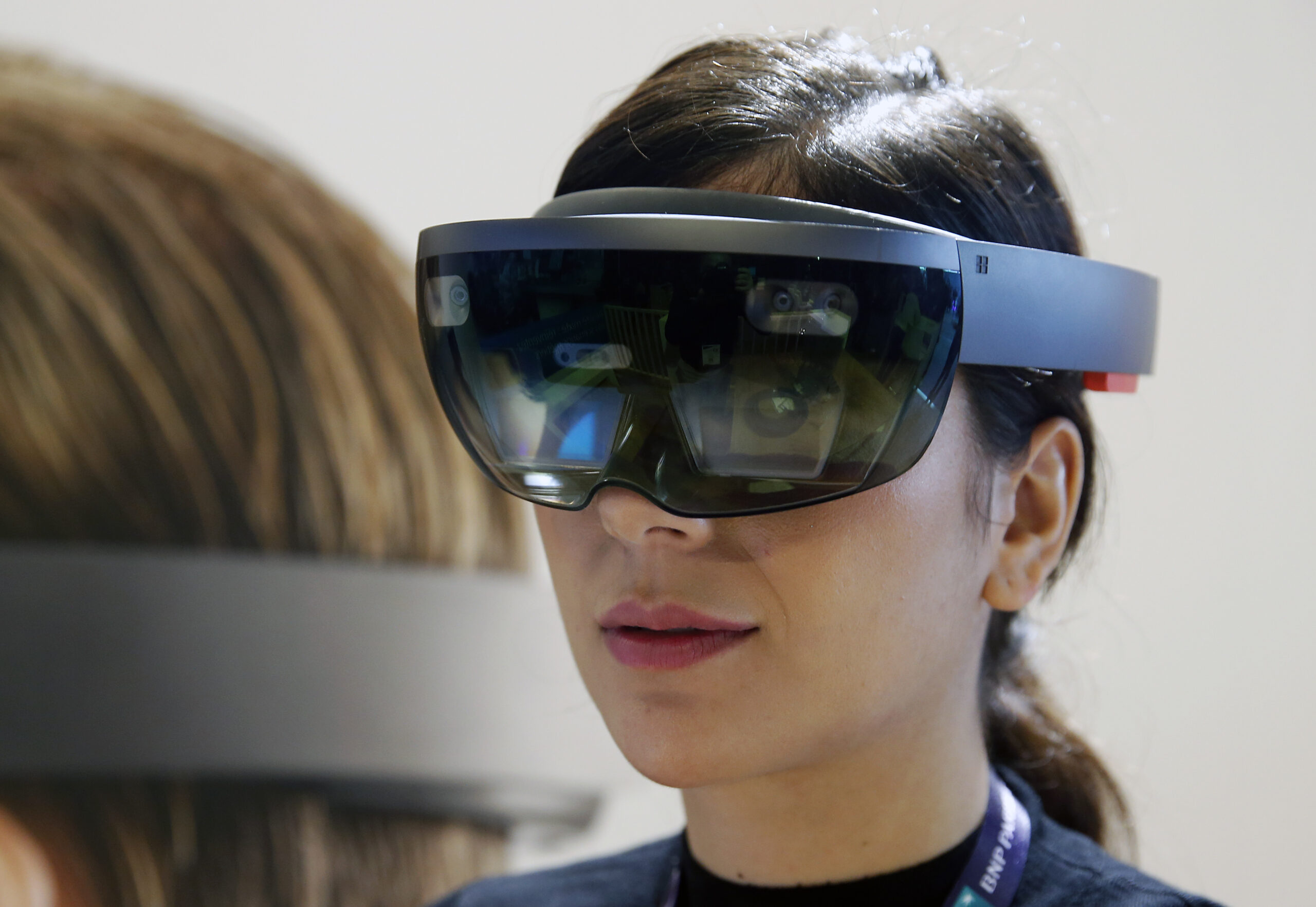Virtual reality-based cognitive behaviour therapy alongside usual treatment can decrease anxiety and paranoia in people with psychotic disorders, studies show.
The study, published in The Lancet Psychiatry, involved clinical trials across 116 patients with psychosis in the Netherlands.
The trial ran across 8-12 weeks and included 16 one-hour sessions where clients were exposed to, via avatars, social cues that sparked paranoia or anxiety.
The social situations clients were faced with were being on a bus, in cafe, on a street and doing the shopping in the supermarket – many situations they otherwise avoided.
This gave clients the feeling of being in an alternate reality.
The study showed that the virtual reality (CBT) did not result in patients socialising immediately, however did provide them with a more positive experience when interacting with others.
“The addition of virtual reality CBT to standard treatment reduced paranoid feelings, anxiety, and use of safety behaviours in social situations, compared with standard treatment alone,” said lead author, Roos Pot-Kolder, a researcher at VU University, Netherlands.
Although the trial did not increase the time in which clients spent with other people, it did increase the quality of their interactions.
According to The Mental Health Foundation, In the 2012/13 New Zealand Health Survey, one in six New Zealand adults had been diagnosed with a common mental disorder at some time in their lives (including depression, bipolar disorder and/or anxiety disorder).
Women were around 1.6 times more likely to have been diagnosed with a common mental disorder (20 per cent) than men (13 per cent).
Although New Zealand mental health clinics are yet to introduce virtual reality treatment to adults, Starship Hospital has introduced virtual reality headsets to ease the nerves and anxiety of sick children.
Through a headset, children are guided through procedures such as radiation therapy by a robot.
Could virtual reality-based cognitive behaviour therapy be the way of the future?


